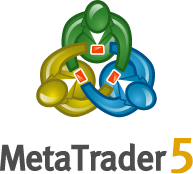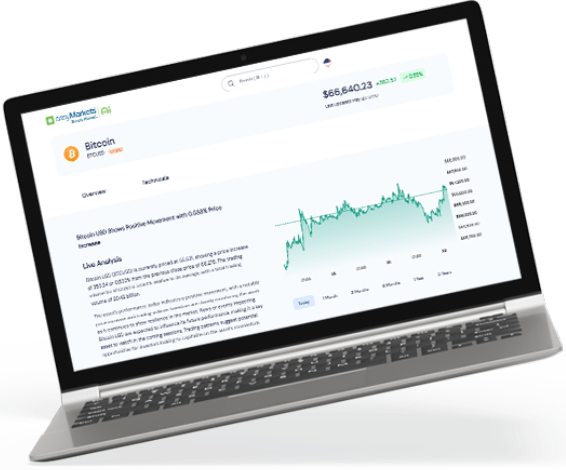How Do I Trade Commodities?
Ever read headlines on falling crude oil prices and wished you can get a piece of the action? Well, there's a way to make profits off these market moves by trading commodities spanning from precious metals to agricultural products like coffee and soybeans.
Now there's no need to worry about having tons of cocoa or gallons of crude oil being delivered to your doorstep when trading commodities because the goods aren't actually being exchanged. Instead, trading commodities through futures contracts simply involves cash settlement once the trade is closed. In other words, your broker will calculate the difference in the commodity price when you opened and closed the trade then add or deduct this value to your account.
Factors that drive the price action
But before you start trading these products, it's important to understand the factors that drive their price action. Generally speaking, commodity prices are influenced by good old supply and demand forces. Rising supply levels while demand remains weak leads to a surplus or market glut, which can then drive prices lower. On the flip side, stronger demand on limited supply tends to drive prices higher.
Apart from that, weather conditions and seasonality are essential market factors to consider. After all, weather changes impact harvest conditions and may influence the quality and quantity of products during a particular period of time. Risk sentiment also affects commodity trends, particularly when it comes to precious metals such as gold and silver because these are usually treated as hedges against inflation.
Aside from trading commodities to profit from price changes, companies and investors also use these futures to hedge against foreseen price changes in the future. In doing so, they can lock in prices for certain commodities now to shield themselves from potential losses in case the industry undergoes a downturn later on. These dynamics also come into play when trading commodities as a speculator so it's important to keep tabs on market headlines to be able to identify factors that could influence prices in the future.

Contract sizes, margin requirements, and minimum trade sizes

Some commodities require a minimum contract order of 50 barrels or 10 metric tons to trade, which corresponds with equivalent margin requirements that are important considerations when deciding how much to deposit in your trading account.
Unlike equities, commodities don't offer dividends or earnings and can be more volatile compared to certain stocks. Commodity trading is generally recommended for those who can hold a long-term position in the market to take advantage of trends. Also keep in mind that with all CFDs and most other investment vehicles there are risks involved. When you trade on margin, you are leveraging your opportunities to make money but also leveraging the risks, so you should trade wisely.
On the easyMarkets platform, commodities are priced in US dollars, making it easy to compare and calculate potential profits or losses. Commodities offered range from WTI and Brent crude oil, natural gas, heating oil, gas oil, wheat, soybeans, coffee, sugar, corn, cotton, and cocoa.














